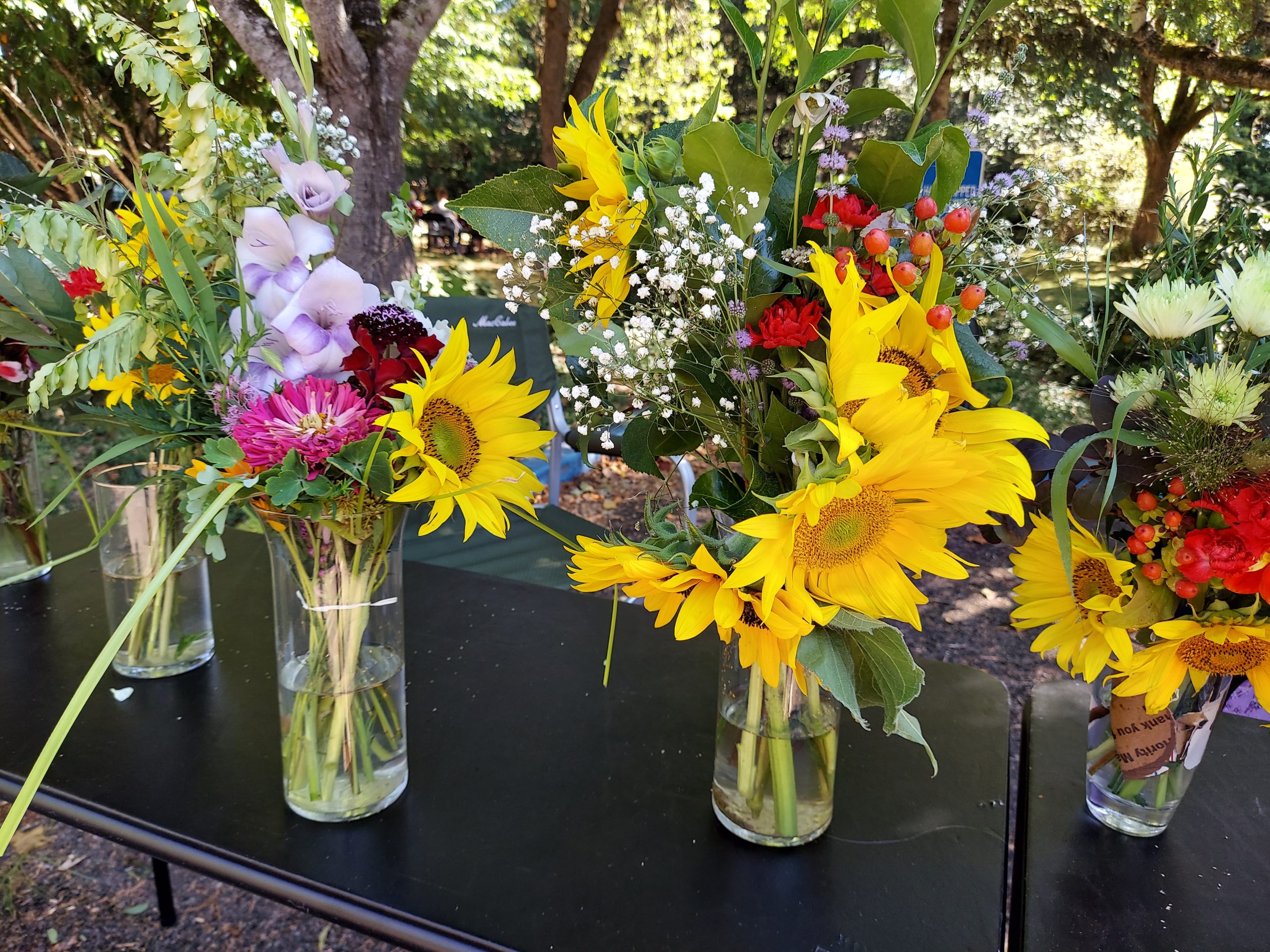Are you interested in stories about the Fellowship? About who first gathered, who built our buildings, how RE and justice work and music have been part of this congregation’s life? Do you ever try to imagine folks who came here before you – what brought them, what commitments they made, how they were supported in times of challenge and change? Do you know some of these stories because you are in them? Because the Fellowship has been part of your life, and you part of its life, for many years? I’m looking for a few people who’d like to help with a UUFC history project in the coming year. We have many stories to tell and to save, to pass on for those who come after us. We are making stories now, for the future.
The project may include recording oral histories, interviewing folks, writing down memories, creating a journal, and more.
Our theme for the coming year will be about past, present and future – ancestors, descendants and us. It will give us a chance to know more about our connectedness – what holds us together, what nurtures and strengthens us.
In the midst of the stories of our lives, being created every day, it may inspire us to know more about where we come from and where we aim to be going. I look forward to talking with you.








